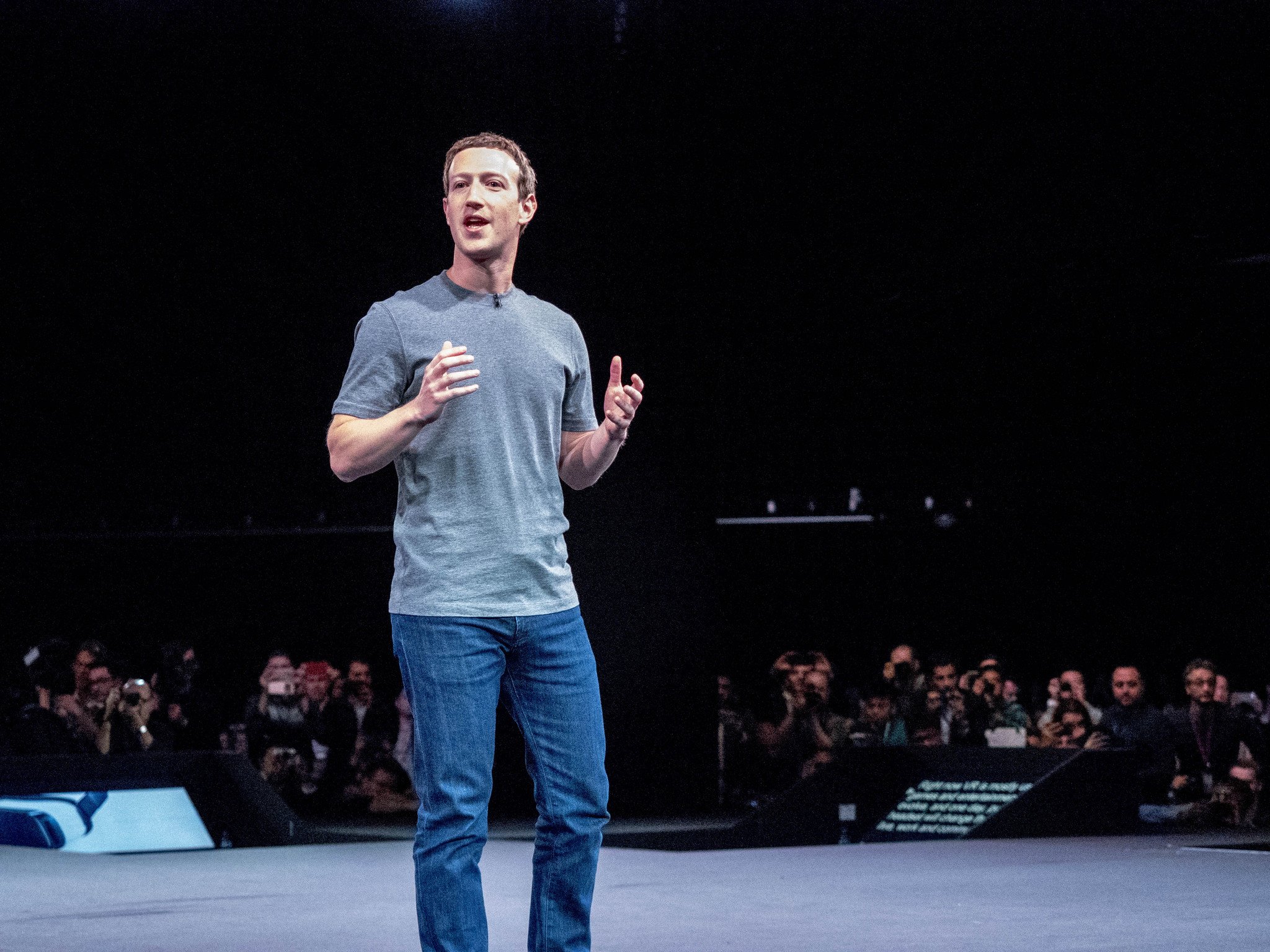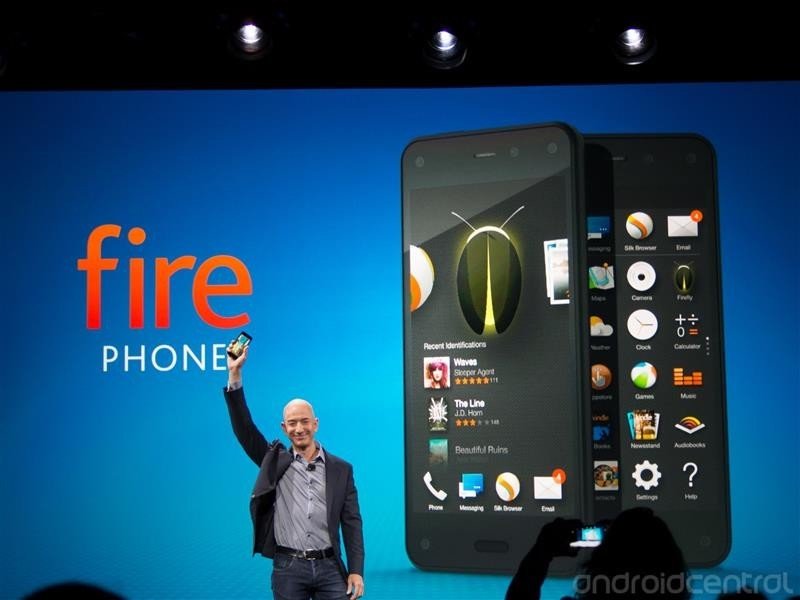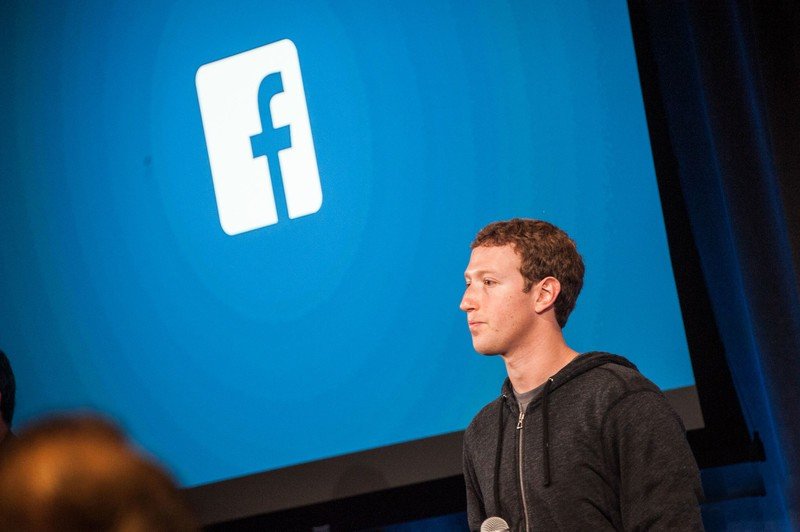Top things we learned from Google, Amazon, Apple, and Facebook's congressional grilling

The CEOs of Amazon, Apple, Facebook, and Google testified before Congress to the House Judiciary Committee and any concerned citizen who cared to listen that their respective businesses were not using their size and scale for unfair advantages against the competition.
This is but a small blip in a larger and longer antitrust investigation that has seen countless interviews with people from both sides of the issue along with millions of pages of evidence. Nothing said during the testimony was new or breaking and instead allowed some of the questions House members had and wished to get answers for in the public eye.
These hearings put a face to the actions of the past year.
This is the first thing to take away from the testimony. Both the tech CEOs and members of the House were there to put a face to the words and documents that are the meat of this investigation. That means there was plenty of grandstanding, partisan politics, and executives trying their best to not answer questions posed to them. Everyone appeared to want to create a memorable soundbite more than anything else.
That's not to say this testimony wasn't important or that we didn't see or hear anything worthwhile. Some tough questions were asked and some of the testimony did point to issues that need to be corrected. The hearing started off with short introductory statements from both sides, in which ranking member James Sensenbrenner (R-WI) said:
Being big is not inherently bad, quite the opposite. In America, you should be rewarded for success. We're here to better understand your role your companies have in the digital marketplace and importantly the effect they have on consumers and the public at large.
This was the role the hearings were to play, though proceedings often got derailed; at one point legislators shouted at each other over the merit (or lack thereof) of conspiracy theories and Judiciary Committee Ranking Member Jim Jordan (R-OH) had to be reminded several times to put his mask on. But under the political theater, we did gain some insight into the things each company is doing that deserves more investigation.
Amazon needs to treat third-party sellers more fairly

Amazon has its hands in a lot of ventures, but the House seemed focused on the way it treats third-party sellers.
Amazon built and runs Amazon.com but also allows smaller partners to sell products in its online marketplace. There are signs that these sellers are treated as less than a partner, though.
Get the latest news from Android Central, your trusted companion in the world of Android
Amazon was accused of data mining its way to a monopoly.
We heard evidence that Amazon uses data from third-party seller accounts as a way to measure how it can add products to its own in-house AmazonBasics brand. From diapers to batteries to textbooks, this evidence points to Amazon seeing which products are popular, then selling those products itself while blacklisting third-parties from selling them at Amazon.com.
When pressed with the question, Amazon CEO Jeff Bezos claimed to have no knowledge of the practice happening but admitted that it could have in the past. We heard similar answers to questions about Amazon allowing the sale of counterfeit or stolen merchandise.
Look for the House to further investigate Amazon's dealings with its seller partners and for possible action to prevent Amazon from collecting sales data from them sometime later this year.
Apple takes too much money in the App Store

Apple is the sole authority on everything about its iPhone. Apple builds and sells the hardware, Apple controls the software, and Apple decides how apps are approved and monetized. the latter is where most questions to Tim Cook went.
Everyone loves the App Store but nobody loves how it works.
Apple was questioned about using its place in the ecosystem to see popular services and building its own version of them to bundle into iOS. This in itself isn't a bad thing, but when Apple turns around and removes the original apps and ideas from its App Store, this is where regulators step in.
Apple was also questioned about how it charges developers who monetize their iOS apps. Evidence of how it handled app submissions from the email client Hey and seemingly unfair enforcement of App Store policy in regard to Airbnb were brought forth and Tim Cook denied any wrongdoing. Cook said he was willing to meet more with regulators to answer further questions about its AppStore policies.
Expect those policies to be further investigated and Congress to strike a balance in regard to how Apple charges developers in the future.
Facebook may have threatened its way to success

Facebook CEO Mark Zuckerberg was grilled over the way it seeks to "destroy" its competition as well as being mistakenly accused of conservative bias — James Sensenbrenner asked if Facebook regularly filtered political viewpoints in search results and why it temporarily suspended Donald Trump, Jr. for posting false claims about masks and the drug hydroxychloroquine. Zuckerberg was quick to point out that this actually happened on Twitter, but stated the false medical claims could be removed because they could cause harm.
Facebook was accused of threatening to destroy companies that wouldn't sell.
In more serious allegations, Facebook's acquisition of Instagram was brought up. Regulators weren't happy over internal correspondence showing that Facebook bullied Instagram into selling because it knew that the popular photo-sharing platform posed a risk to its business.
In defense, Zuckerberg stated that Instagram may not have been successful without Facebook and that he saw nothing wrong with the sale that was approved by the FTC.
Expect the Instagram and WhatsApp buyouts to face additional scrutiny later in the year when the House releases the full results of the investigation.
Google's search algorithms and ad exchange are problematic

Google CEO Sundar Pichai received a good portion of the House's ire, with search results, copyright infringement, and election interference being key topics.
Pichai was asked about "stealing" content such as song lyrics and Yelp! reviews by placing them as snippets in search results without proper attrition. This isn't the first time Google has faced these complaints and it appears that Alphabet will have to answer for some wrongdoing.
Google is accused of suppressing conservative speech via its algorithms.
Republican lawmakers expressed concern that Google was suppressing things like campaign emails and right-wing media by removing them from the public view, accused of election interference over an internal memo where employees were dedicated to enlisting Latino voters, and Representative Matt Gaetz (R-FL) expressed concern that Google should not adopt the "bigoted anti-police policy" of promoting political protest and limiting work with law enforcement because over 1,000 employees said they were alarmed and upset by police brutality.
Perhaps the most fruitful line of questioning came from representative Pramila Jayapal (D-WA). Jayapal questioned Pichai over Google's digital ad exchange, saying Google runs the marketing and works both the buying and selling sides at the same time. Jayapal stated that there was no regulation on Google's ad market and that Google's behavior was akin to insider trading.
Google will continue to face questions over its search algorithms as well as its ad practices. And it should, as we've seen enough evidence that tells us that further scrutiny needs to happen.
Final thoughts
The best takeaway from the testimony was also how it began. House Judiciary Antitrust, Commercial and Administrative Law Subcommittee Chair David Cicilline (D-RI) started the hearing by warning that these companies are now "central to our modern life" and that any action from them could affect hundreds of millions of lives. Each of the four companies was categorized as a "bottleneck" for the distribution of information and that they all use data to protect their own power.
In and of itself, as ranking member James Sensenbrenner reminds us, being this big isn't necessarily a bad thing. But when this power is abused it can become one. Hopefully, Congress can put aside petty differences and focus on its job, which in this case is oversight of tech companies so big they seemingly can do whatever they like.

Jerry is an amateur woodworker and struggling shade tree mechanic. There's nothing he can't take apart, but many things he can't reassemble. You'll find him writing and speaking his loud opinion on Android Central and occasionally on Threads.
